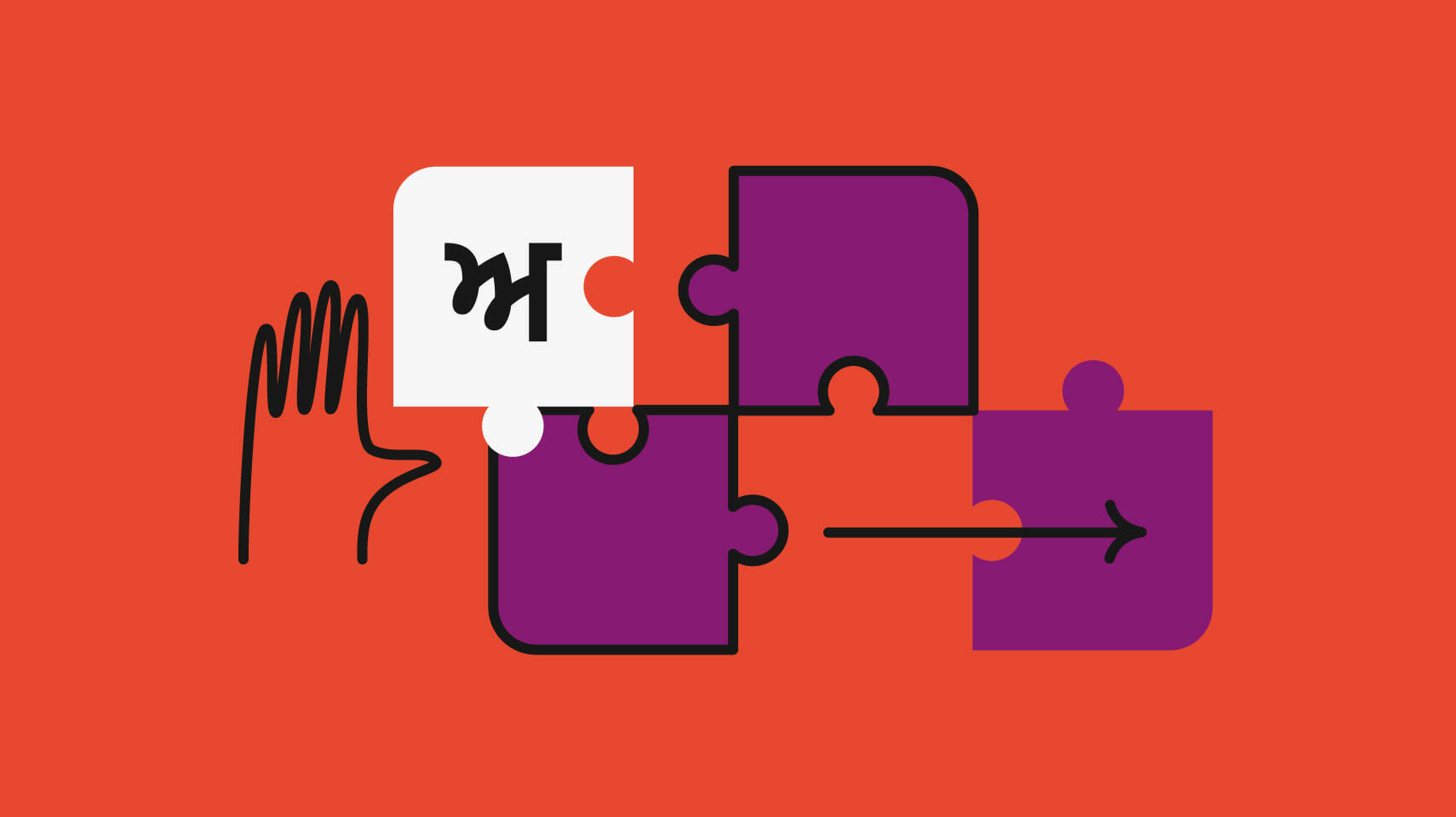Understanding the distinction between a job and a career is essential in personal finance management. While a job provides immediate income, a career encompasses long-term advancements, skill development, and professional growth. When making financial decisions, it's crucial to consider one's career path and goals to ensure long-term financial stability and success.
This guide will explore the differences between a job and a career in personal finance, empowering individuals to make informed financial choices that align with their professional aspirations.
Exploring The Fundamental Difference
In the realm of personal finance, it’s crucial to distinguish between a job and a career, as they bear distinct implications for your financial well-being. Understanding the fundamental difference between the two can pave the way for strategic decisions that align with your long-term financial goals. Let's delve into the defining aspects of a job and a career to gain clarity on how each impacts personal finance.
Defining A Job
A job refers to a specific position of employment, often undertaken for monetary compensation. It typically involves a designated set of tasks and responsibilities within an organization, with a primary focus on short-term financial gains rather than long-term professional growth. Jobs may not necessarily require extensive specialized training or education and can be transitory in nature, serving as a means of immediate income generation.
Defining A Career
A career, on the other hand, encompasses a prolonged and purposeful engagement in a particular occupation or profession. It involves a strategic and sustained pursuit of professional development, skill enhancement, and advancement within a chosen field. Careers are characteristically oriented towards long-term progression, often involving specialized training, educational qualifications, and a commitment to continual learning and growth.

Credit: phrase.com
Key Distinctions
In personal finance, understanding the differences between a job and a career is crucial for making informed decisions about income, skill development, and future prospects. While both can contribute to financial stability, the nuances between the two are significant.
Duration And Purpose
A job is typically a short-term commitment, providing immediate income to meet basic financial needs. It often serves as a means to an end, offering temporary financial support without necessarily aligning with long-term goals. Conversely, a career constitutes a long-term commitment, involving strategic planning and goal-setting. It embodies a person's passion, leveraging skills and expertise to build a fulfilling livelihood.
Skill Development And Progression
Jobs often focus on specific tasks, offering limited opportunities for skill development and growth. They may not contribute substantially to enhancing one's professional capabilities. In contrast, a career encourages continuous learning, skill acquisition, and progression within a chosen field. Career-oriented roles aim to cultivate expertise and advance one's standing in the industry.
Impact On Personal Finance
When choosing between a job and a career, it's crucial to consider the implications on your personal finances. Understanding the key differences in earning potential and long-term financial stability can guide your financial decisions.
Earning Potential
A job typically offers a fixed income based on specific tasks or hours worked. On the other hand, a career allows for growth in earnings over time through promotions and skill development.
Long-term Financial Stability
Jobs may provide immediate income, but careers offer the potential for long-term financial security. By investing in your career, you can enhance your earning potential and secure a stable financial future.

Credit: www.futurelearn.com
Shifting From A Job To A Career
Many people use the terms "job" and "career" interchangeably, but they have distinct differences. While a job is simply a post of employment that allows you to earn money, a career goes beyond that. A career is an occupation or profession that you choose to pursue, usually requiring special training or education and often becoming your lifework. Shifting from a job to a career involves a mindset shift and taking specific actions to align your work with your long-term goals.
Identifying Career Goals
One key aspect of shifting from a job to a career is identifying your career goals. To begin with, reflect on your interests, skills, and passions. What do you genuinely enjoy doing? What are you good at? By aligning your career path with your interests and abilities, you are more likely to find fulfillment and success in your chosen field.
Continuous Learning And Adaptation
Another crucial factor in transitioning from a job to a career is embracing continuous learning and adaptation. In today's fast-paced and ever-changing world, it is essential to keep improving your skills and knowledge. Seek out professional development opportunities, attend relevant workshops or conferences, and stay updated with industry trends. Adapting to new technologies, methodologies, and market demands will not only make you more valuable to employers but also open up new opportunities for advancement in your career.
Building A Professional Network
Building a strong professional network is another crucial step in shifting from a job to a career. Connect with like-minded professionals in your industry through networking events, online communities, and social media. Surrounding yourself with knowledgeable and supportive individuals can provide valuable insights, mentorship opportunities, and potential job prospects. Additionally, actively participate in industry associations or groups to enhance your visibility and credibility within your chosen career field.
Setting Long-term Career Milestones
Lastly, set long-term career milestones to guide your journey. Instead of simply focusing on short-term goals or promotions, think about where you envision yourself in five or ten years. What positions do you aspire to? Do you see yourself taking on leadership roles or starting your own business? By setting ambitious yet attainable milestones, you provide yourself with a roadmap for growth and development in your career.
Balancing Job Satisfaction And Financial Success
Balancing job satisfaction with financial success involves distinguishing between a job and a career in personal finance. While a job is simply a position of employment, a career is a long-term commitment that requires specialized training and skills development to progress in your chosen field.
By understanding this difference, individuals can strive towards fulfilling their career goals and financial stability.
Finding Passion In Your Career
One of the key differences between a job and a career is the level of passion and fulfillment you experience. A job is often seen as something you do simply to earn money, while a career is a path that allows you to pursue your passions and develop your skills over the long term. Finding passion in your career is crucial for job satisfaction and overall happiness.
Here are a few tips to help you discover and nurture your passion in your career:
- Reflect on your interests, strengths, and values and consider how they align with your current job or potential career paths.
- Explore different industries and roles that align with your passions, and consider pursuing additional education or training if necessary.
- Seek out opportunities within your current job or organization that allow you to engage with your passions and develop new skills.
- Connect with professionals in your desired field through networking events or online platforms to gain insights and advice.
- Continuously set goals and strive for personal and professional growth to keep your passion alive in your career.
Financial Planning For Career Growth
While job satisfaction is important, financial success also plays a significant role in our overall well-being. It is essential to balance job satisfaction with financial planning for career growth. Here are some tips to help you manage your finances and plan for a successful career:
- Create a budget that factors in your current income, expenses, and savings goals. This will help you stay on track financially and make informed decisions.
- Invest in your professional development by seeking opportunities for additional training, certifications, or advanced degrees that can lead to salary increases or promotions.
- Regularly assess your skills and knowledge to identify areas for improvement or growth. This can help you stay competitive in your industry and open up new career opportunities.
- Consider the long-term financial implications of job decisions such as changing careers, starting a business, or pursuing further education.
- Save and invest for the future by setting aside a portion of your income in retirement accounts or other investment vehicles. This will provide financial security and support your long-term career goals.
By finding passion in your career and effectively managing your finances, you can achieve a balance between job satisfaction and financial success. Remember, it's not just about earning a paycheck, but also about finding fulfillment and growth in your chosen career path.

Credit: www.pinterest.com
Frequently Asked Questions For What Is The Difference Between A Job And A Career Personal Finance
What Is The Difference Between Career And Job?
A job is a specific post of employment, while a career is a lifelong occupation or profession that requires special training.
What Is The Difference Between A Job And Career Quizlet?
The key difference lies in timeframe and personal growth. A job is short-term employment for money, while a career involves skill development and long-term progression in a particular field.
What Is A Job In Personal Finance?
A job in personal finance involves advising individuals on investments, tax laws, and insurance to meet financial goals.
What Is The Difference Between A Career And Career Field?
A career is a path or string of jobs that a person has had over their lifetime, while a career field is a high-level category that includes many jobs. A job is something you do to earn money, while a career involves developing your skills and knowledge to progress in your field.
Conclusion
Understanding the disparity between a job and a career is crucial for personal finance stability. While a job is a means of earning income in the short term, a career involves strategic skill development for long-term progression. Make informed choices to elevate your professional path effectively.






0 Comments